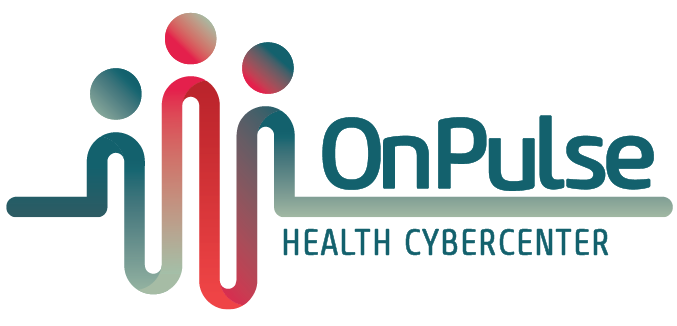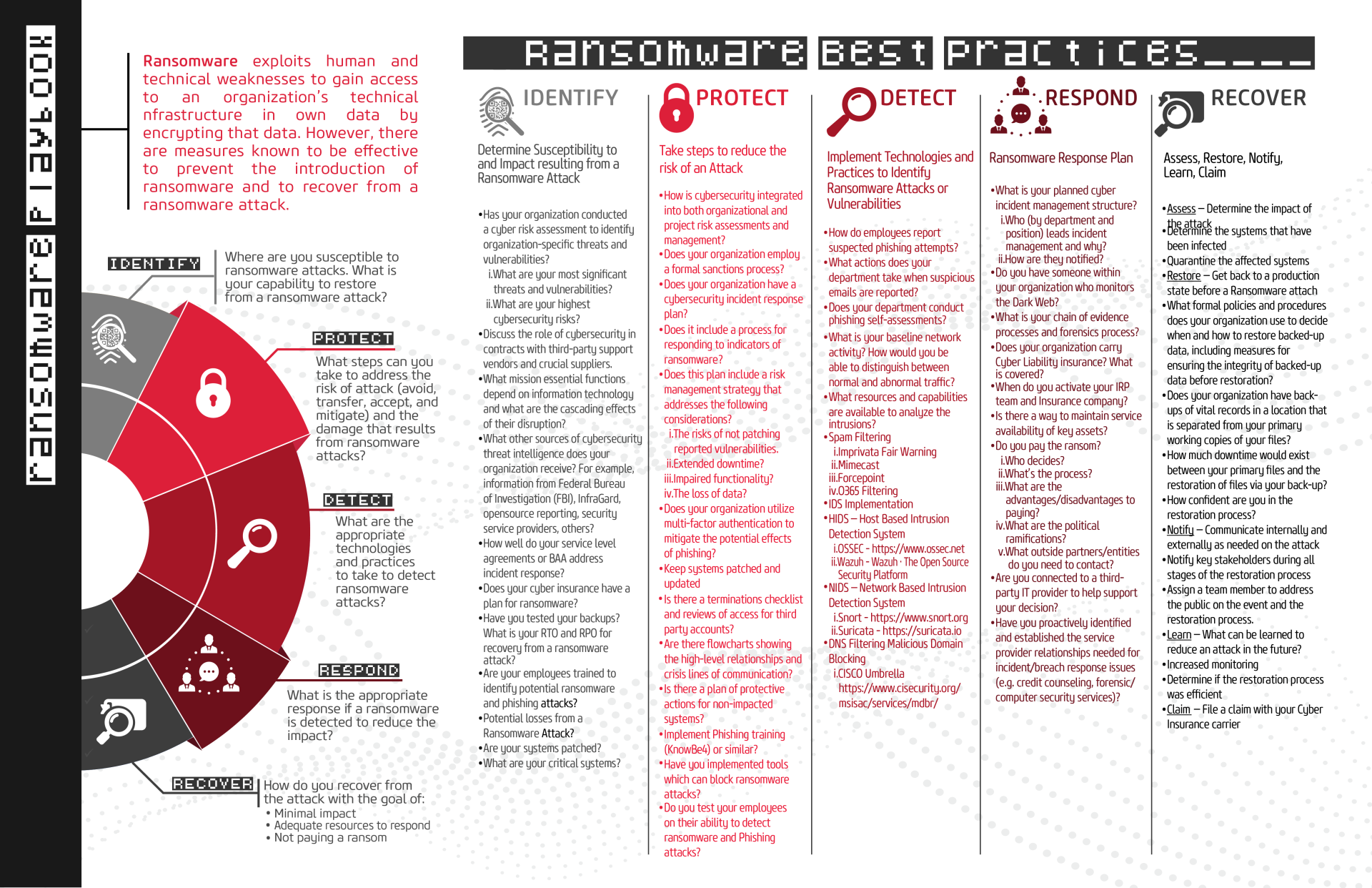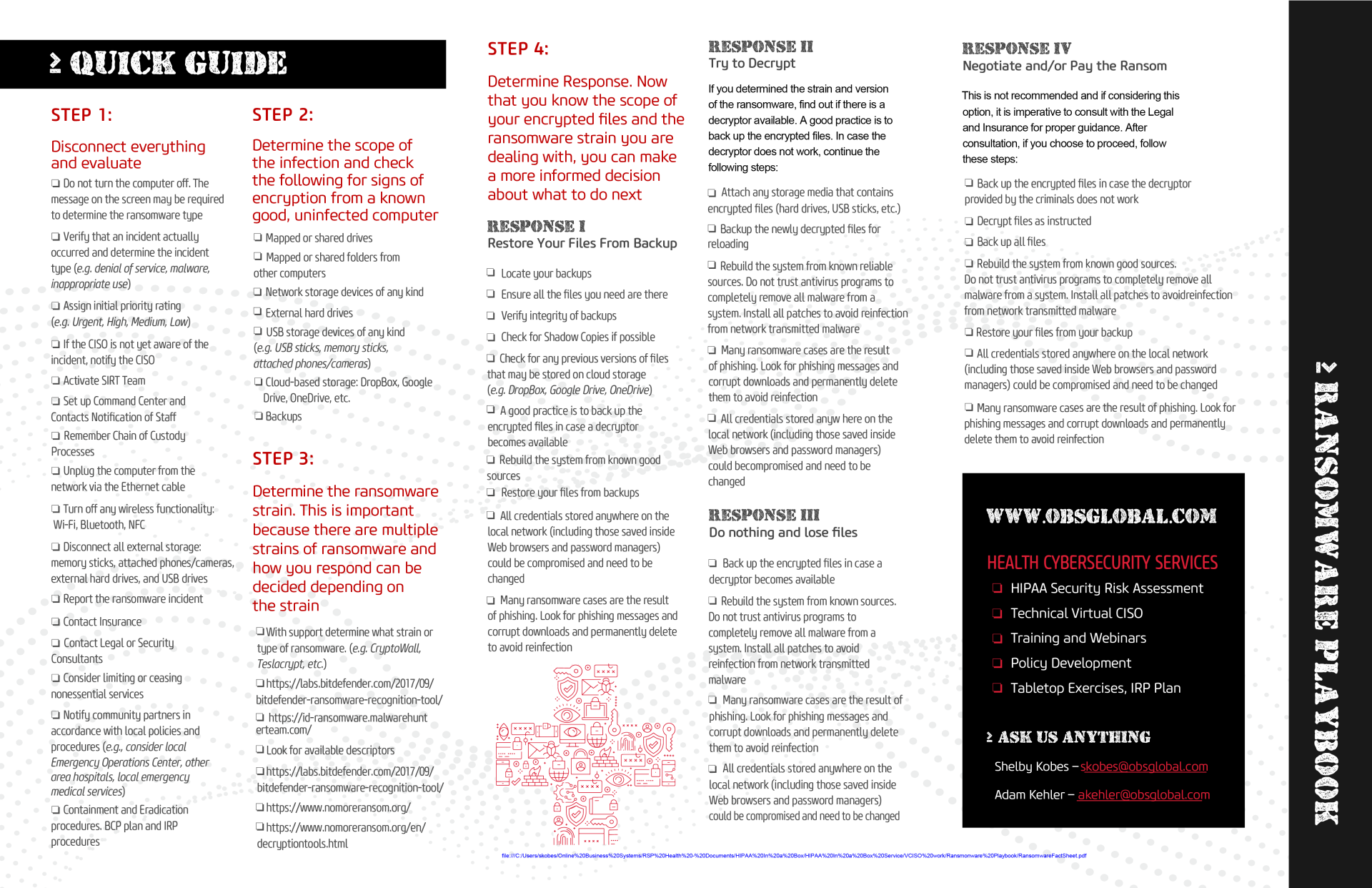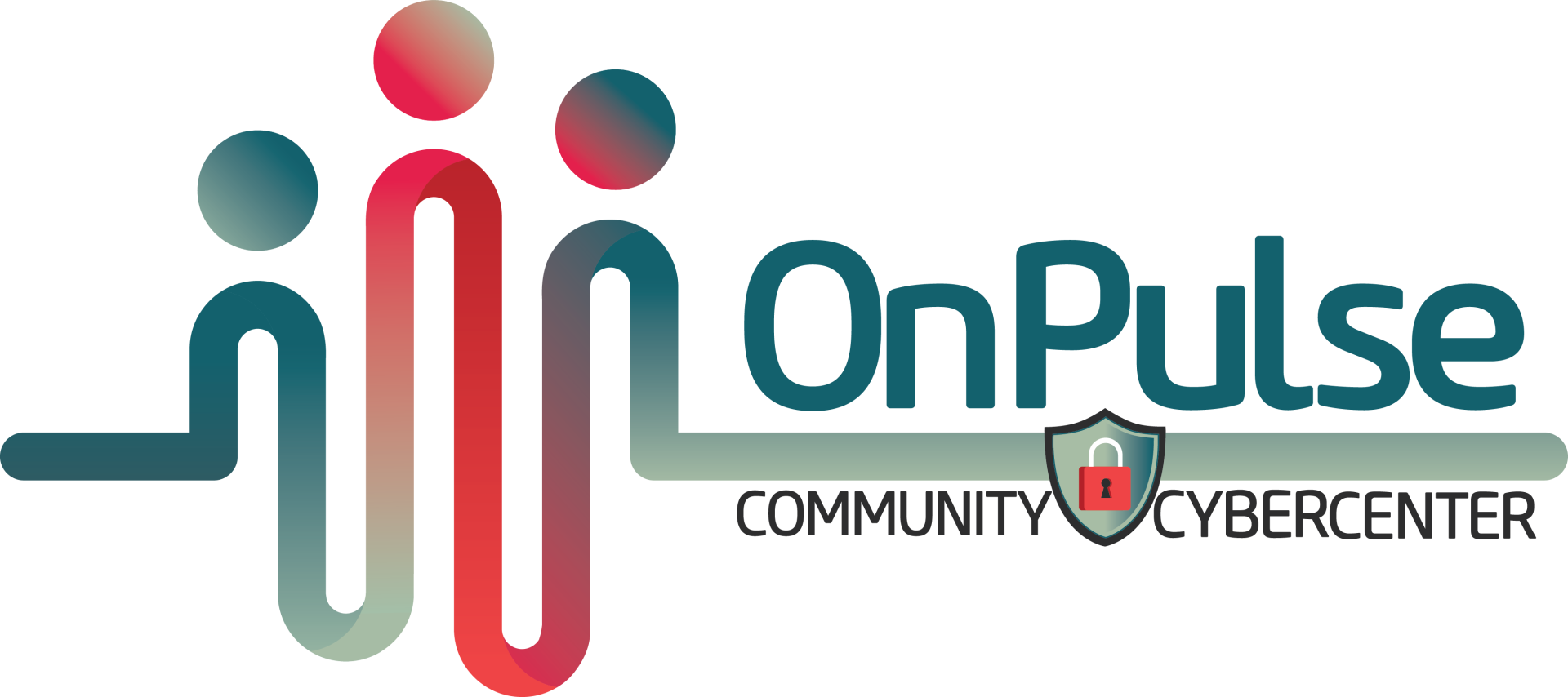Securing healthcare supply chain: Mitigating cyber risks
Write your awesome label here.
PCI EXPLAINED
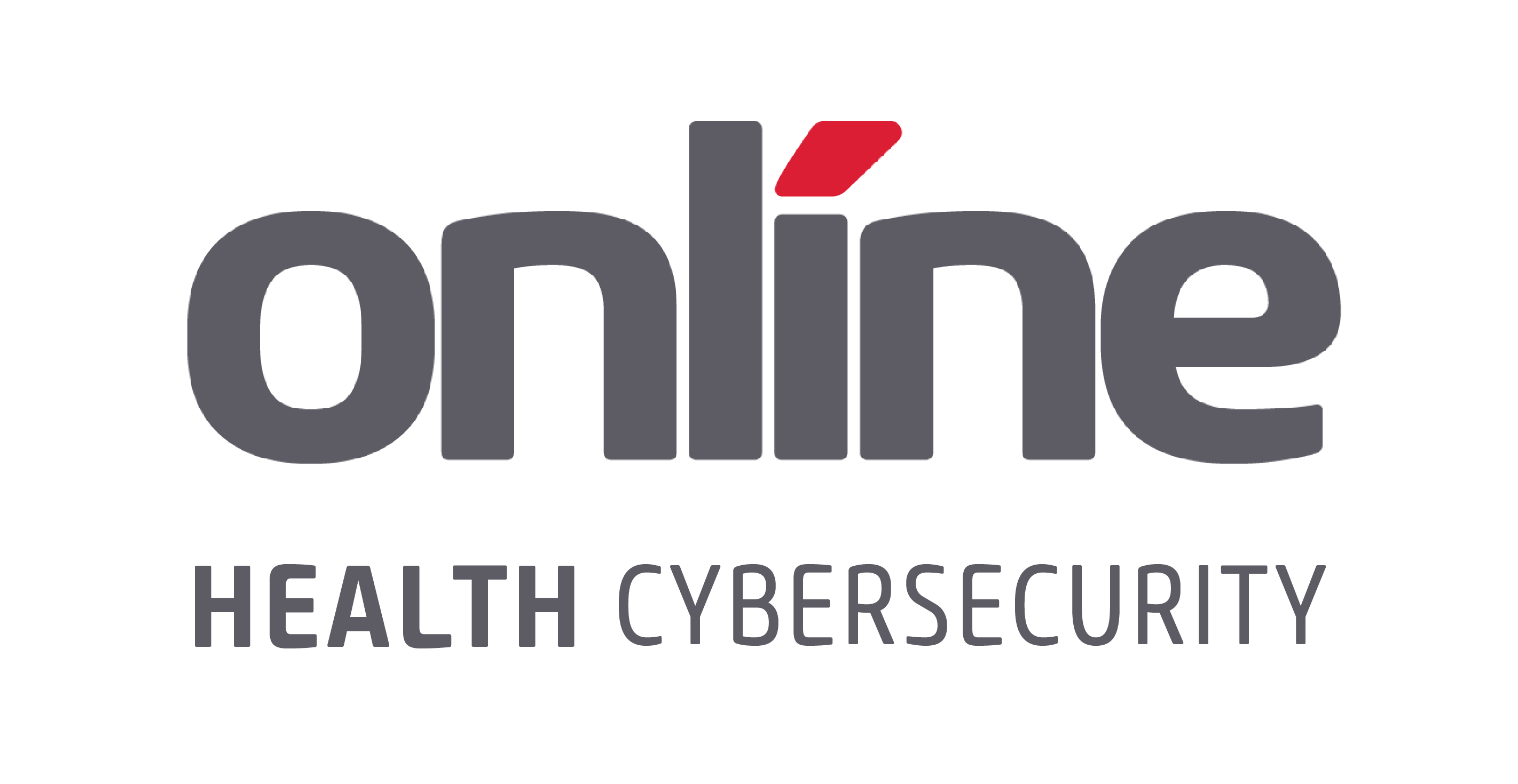
WHY IT MATTERS
In the ever-evolving landscape of healthcare, Federally Qualified Health Centers (FQHCs) face unique challenges in maintaining the security and integrity of their complex and highly integrated supply chains. Cybersecurity threats are on the rise in Healthcare, and we are seeing more and more Health Center breaches due to poorly managed third-party vendors. The healthcare supply chain is a prime target due to its complexity and critical importance. We will examine the top cybersecurity risks associated with healthcare supply chains and provide strategies for mitigating these risks through vendor risk management, supply chain resilience planning, and cybersecurity due diligence.
Vendor Vulnerabilities
Suppliers may have weaker security measures, making them susceptible to cyber attacks that can compromise the entire supply chain.
Data
Breaches
Sensitive patient information (PHI) and proprietary data are valuable targets for hackers.
Ransomware Attacks
Cybercriminals may encrypt critical supply chain data, demanding ransom to restore access.
Disruption of Services
Attacks can disrupt the timely delivery of essential medical services and supplies, impacting patient care.
Write your awesome label here.
Third-Party Risk Management
Effective third-party risk management is crucial in securing the healthcare supply chain. FQHCs should start by regularly assessing and evaluating the cybersecurity practices of all vendors and suppliers to ensure they meet stringent security standards and comply with regulatory requirements. This assessment should be thorough, encompassing a review of the vendors' security policies, procedures, and incident response capabilities. Furthermore, it's essential to include specific cybersecurity requirements and responsibilities in contracts with vendors. These contractual obligations should cover aspects such as data protection measures, incident response protocols, and the necessity for regular security audits. Continuous monitoring of vendor networks and systems is also vital. By implementing real-time monitoring and having it properly dialled in, Health Centers can detect and respond to potential threats promptly, minimizing the risk of a breach affecting center operations, as well as the entire supply chain.
Supply Chain Resilience Planning
Building a resilient supply chain is key to mitigating the impact of cyber disruptions. Diversification of suppliers is an effective strategy to avoid reliance on a single source for critical components. By having multiple suppliers, Health Centers can reduce the risk associated with a single point of failure. Establishing backup suppliers and maintaining redundancy for essential supplies ensures continuity in case of disruption. Additionally, developing, testing, and regularly updating an incident response plan tailored specifically for supply chain disruptions is crucial. This plan should outline clear communication protocols, define roles and responsibilities, and detail recovery procedures to swiftly restore normal operations.
Write your awesome label here.
Write your awesome label here.
Cybersecurity Due Diligence
Conducting regular cybersecurity audits across the entire supply chain is a fundamental practice in identifying and addressing vulnerabilities. These audits should cover all stages, from procurement to delivery, ensuring that every link in the supply chain adheres to robust security standards. Cybersecurity awareness and training programs for all stakeholders, including internal staff and external vendors, are equally important. These programs should focus on educating stakeholders about cybersecurity best practices and the critical role of supply chain security. Additionally, implementing advanced security measures such as encryption, multi-factor authentication (MFA), and intrusion detection systems (IDS) can significantly enhance the protection of supply chain data and infrastructure. These measures provide an extra layer of defence against cyber threats, ensuring that sensitive information and PHI remains secure.
What to do if you suspect a Ransomware Attack
Ransomware exploits human and technical weaknesses to gain access to an organization's technical infrastructure to own data by encrypting that data. However, there are measures known to be effective to prevent the introduction of ransomware and to recover from a ransomware attack.
Download this step-by-step guide, designed specifically for Health Centres, to help you keep calm, and help aid you through what to do should an attack occur.
Download this step-by-step guide, designed specifically for Health Centres, to help you keep calm, and help aid you through what to do should an attack occur.
Online's Advisor Team
Meet Shelby Kobes
Shelby has over 15 years of cybersecurity leadership experience with an extensive background in collaborating with over 200 FQHC and 15 PCAs in New York, California, West Virginia, Pennsylvania, Montana, Nevada, Missouri, and Arkansas to ensure privacy, HIPAA compliance, and incident prevention.
Shelby offers industry expertise in HIPAA Security Risk Assessment, Healthcare Enterprise Architecture, IoT Security, and Medical Device Security Management. Some of Shelby's key projects include working with community health clinics across multiple states, providing HIPAA risk assessments, policy development, technical assistance, tabletop exercises, and webinars. Over the past two years, Shelby has completed over 300 site walkthroughs in public health clinics to help assess risk and build maturity of security controls.
skobes@obsglobal.com
skobes@obsglobal.com
Patrick Jones - Course author
Patrick Jones - Course author
Meet Adam Kehler
Adam is a Online’s Director of RSP Healthcare Services. He has over 20 years’ experience in technology, including ten years performing consulting services in Health Information Privacy and Security. Adam is experienced in conducting Health Information Assessment and HIPAA compliance gap analysis. This builds on his experience as a Software Developer, Systems Administrator, Business Analyst, Project Manager, and Operations Manager.
akehler@obsglobal.com
akehler@obsglobal.com
